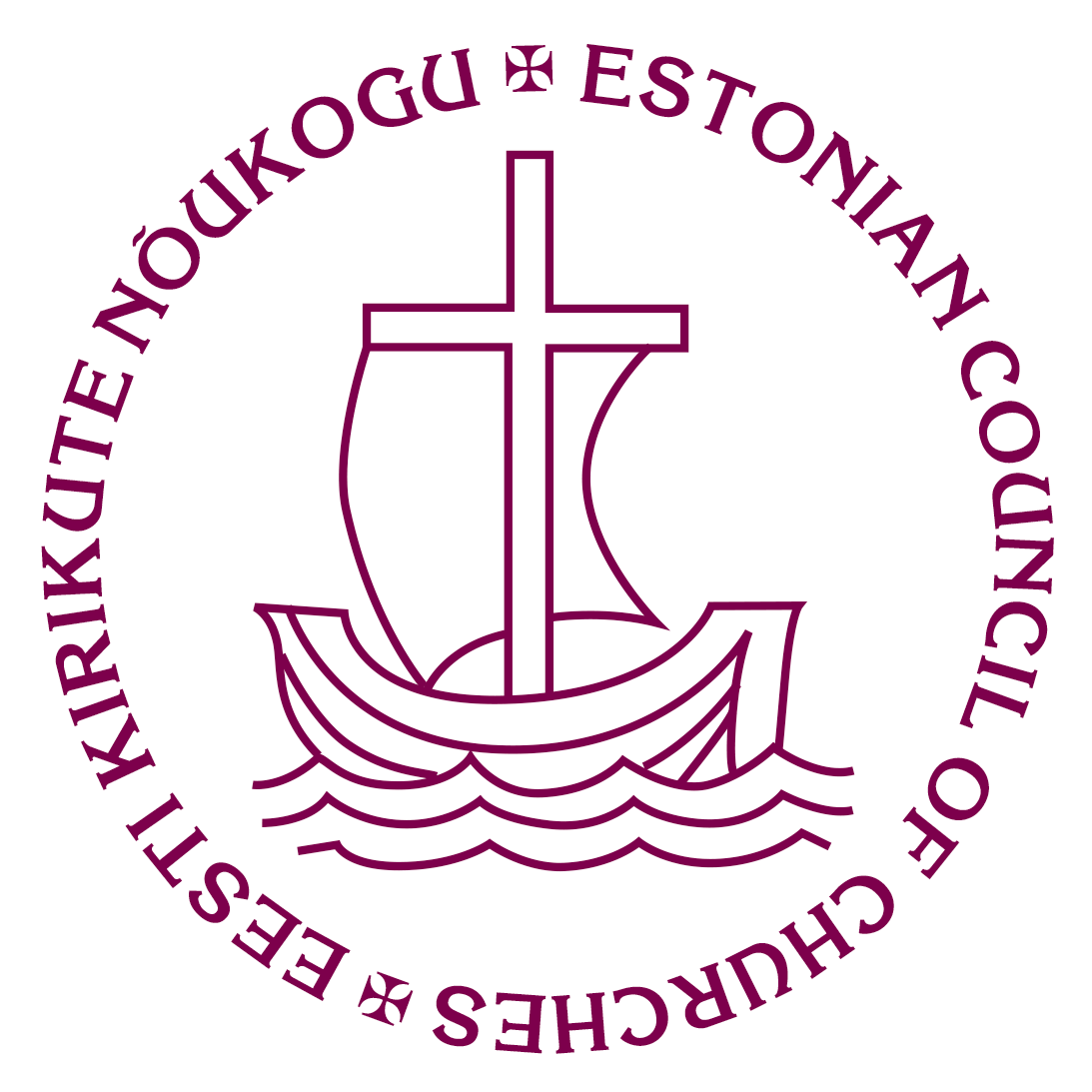
EMADEPÄEVAKONVERENTS 2025
“Kuhu küll kõik mehed jäid?” 6. mail kl 11-14 Riigikogu konverentsisaalis Tänavune emadepäevakonverents „Kuhu küll kõik mehed jäid?“ arutleb, miks
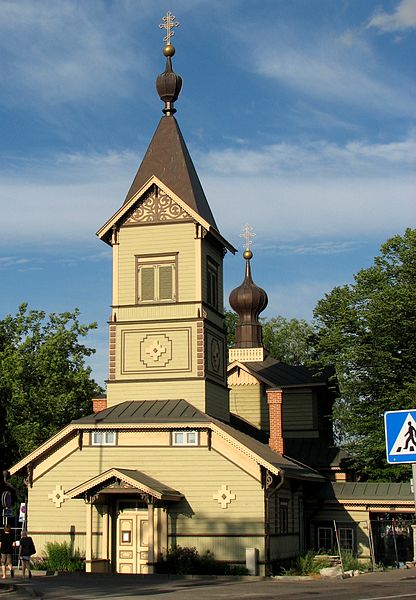
Ülestõusmispühade jumalateenistuse ülekanne
Ülestõusmispühade jumalateenistuse otseülekande toob ERR vaatajani 20. aprilli keskpäeval EAÕK Tallinna püha Siimeoni ja naisprohvet Hanna kirikust. Jumalateenistusel teenivad Metropoliit
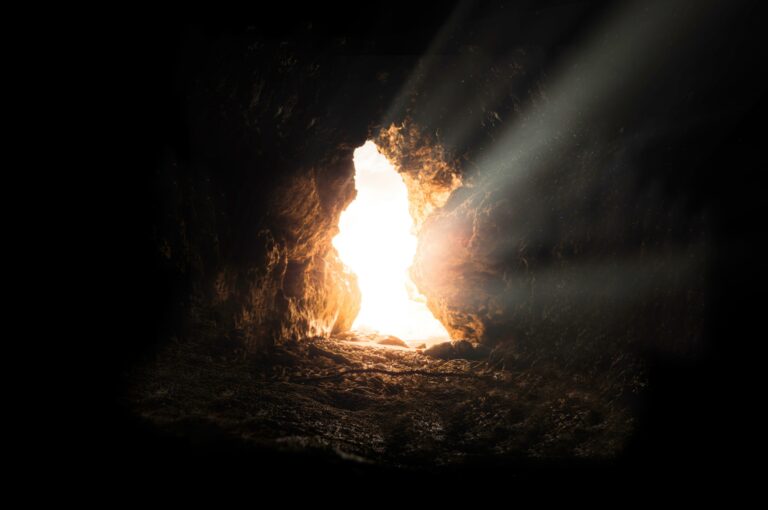
Ülestõusmispühade ühine jumalateenistus
Eesti Kirikute Nõukogu liikmeskirikud tähistavad ülestõusmispühi ühise jumalateenistusega Käesoleval aastal langevad nii ida- kui läänekiriku kalendrites ülestõusmispühad samale nädalavahetusele. Sellega
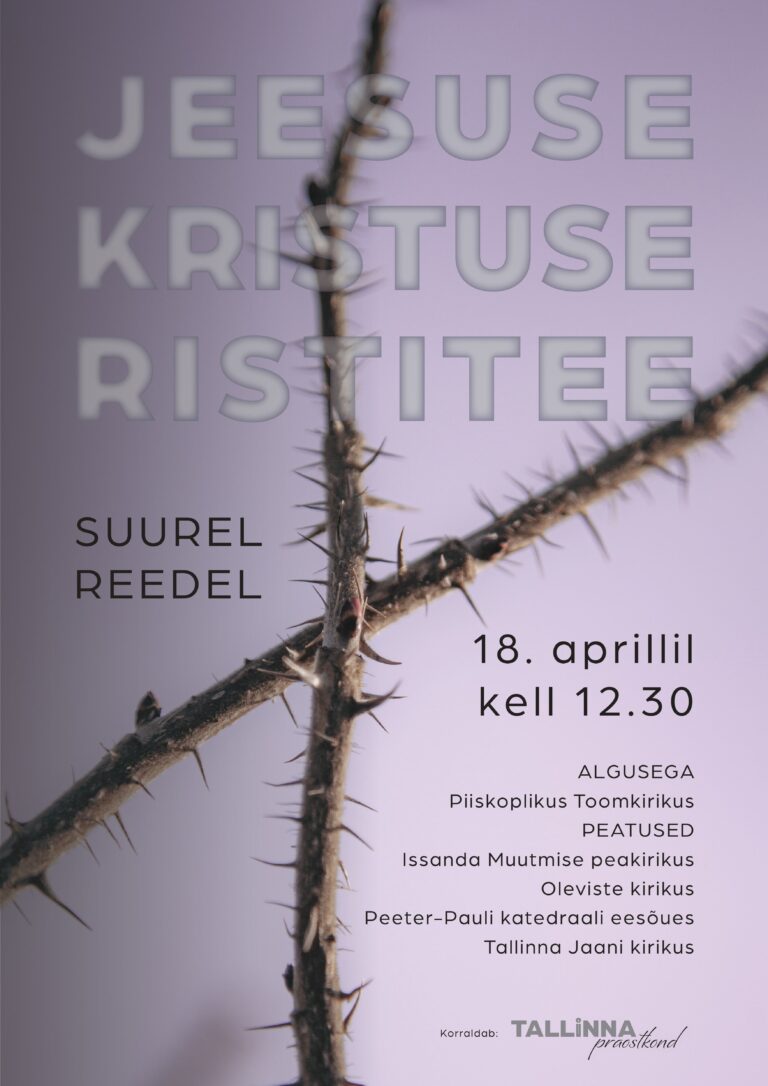
Suure Reede ristitee
18. aprillil algusega kell 12.30 Tallinna Piiskoplikust Toomkirikust toimub traditsiooniline Jeesuse Kristuse ristitee. Peatutakse Issanda Muutmise peakirikus, Oleviste kirikus, Peeter-Pauli
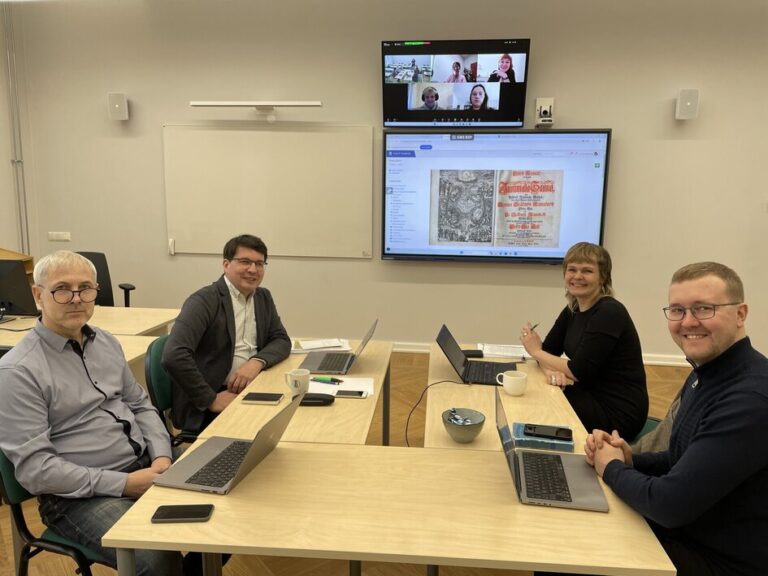
Algab töö Piibli uue tõlkega eesti keelde
2039. aastal möödub 300 aastat esimesest eestikeelsest terviklikust piiblitõlkest. Eesti Kirikute Nõukogu on koostöös Tartu Ülikooli, Siseministeeriumi ja Eesti Piibliseltsiga
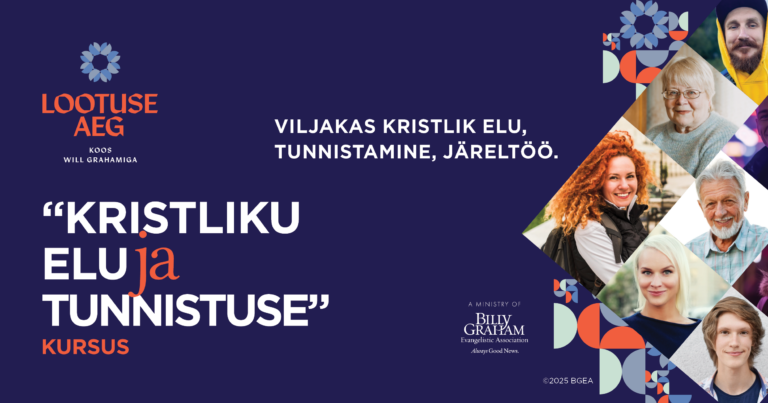
„Kristliku elu ja tunnistuse“ kursused kogudustes
Kirikud ja kogudused üle Eesti korraldavad „Kristliku elu ja tunnistuse“ kursusi Koostöös Billy Grahami Evangeelse Assotsiatsiooniga korraldavad mitmed EKN liikmeskirikud
